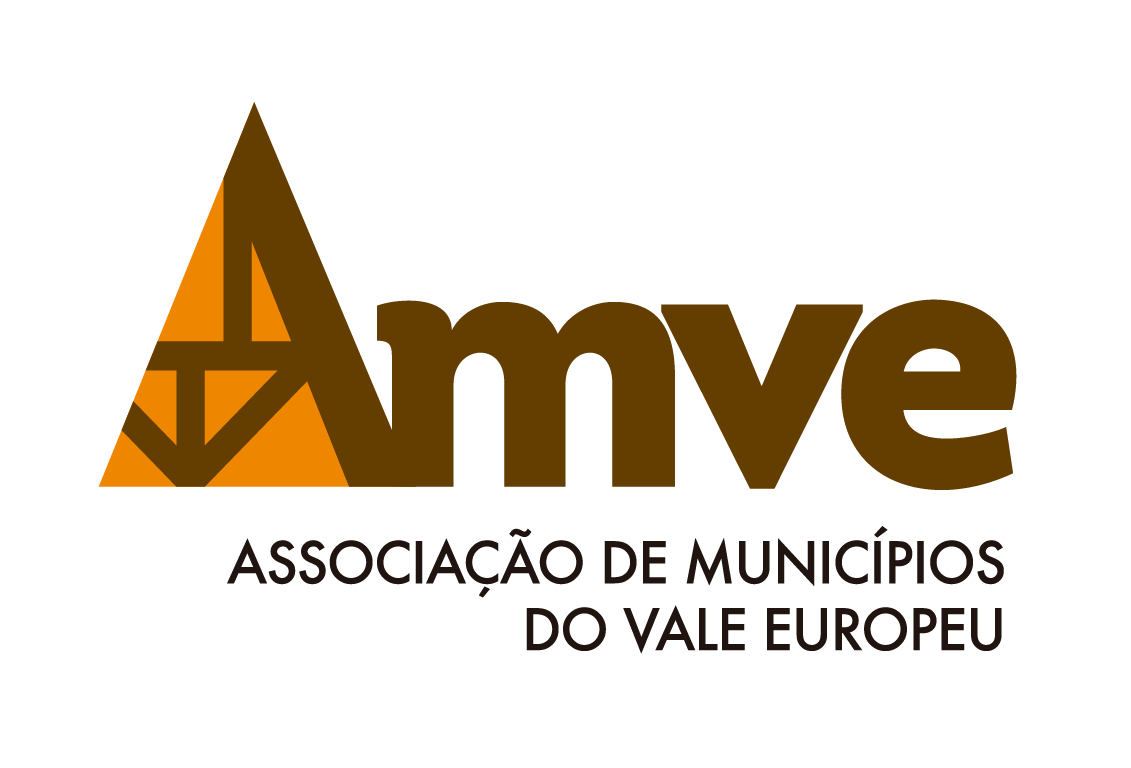A assessora de Saneamento Ambiental da AMMVI, Fabiana de Carvalho Rosa, participou na semana passada da segunda Reunião Regional de Mecanismos Internacionais de Assistência Humanitária, no Costão do Santinho, em Florianópolis. Promovido pelos Ministérios de Relações Exteriores e da Integração Nacional, o evento reuniu, de 2 a 4 de setembro, mais de 20 países da América Latina e Caribe para discutir o tema de ajuda entre nações durante uma situação de vulnerabilidade.
Para Rosa, a reunião oportunizou um conhecimento mais amplo sobre as organizações não-governamentais e entidades de assistência humanitária que dão um suporte de recursos em situações extremas. Além disso, explica a assessora, o encontro propiciou a troca de experiências entres os países, por meio de uma discussão ampla sobre o assunto. "É imprescindível que as instituições envolvidas neste processo pensem a questão de forma integrada, sustentável e continuada."
Segundo a assessora da AMMVI, os mecanismos internacionais de ajuda humanitária também podem ser acessados pelos municípios. Porém há um protocolo que deve ser seguido e que, geralmente, concede ao governo federal a prerrogativa de primeiramente solicitar ajuda internacional em situações de calamidade.
Na abertura da reunião, que aconteceu na quarta-feira (2/9), o ministro da Pesca, Altemir Gregolin, destacou a necessidade de estreitar os laços entre os países participantes. "A solidariedade entre os povos e a cooperação entre os países em desenvolvimento aproximam interesses e definem estratégias", garante. De acordo com o ministro, o governo brasileiro gastou nos últimos dois anos cerca de U$ 30 milhões, por ano, em assistência humanitária a 16 países.
Ao final do encontro, que teve sua primeira edição em 2008 no México, foi assinada a carta de Florianópolis (abaixo).
Declaração de Florianópolis
Ministério das Relações Exteriores, 10/09/09 – Foi realizada em Florianópolis, de 2 a 4 de setembro último, a II Reunião Regional de Mecanismos Internacionais de Assistência Humanitária, que contou com a participação de países da América Latina e do Caribe. No encontro, os países adotaram a "Declaração de Florianópolis", cujo teor, em inglês, segue abaixo:
"The countries of Latin America and the Caribbean participating in the Second Regional Meeting on Enhancing International Humanitarian Partnerships, in Florianópolis, Santa Catarina, Brazil, on 2-4 September 2009, Antigua & Barbuda, Argentina, Belize, Bolivia, Brazil, Colombia, Costa Rica, the Dominican Republic, Ecuador, Granada, Guatemala, Haiti, Mexico, Panama, Paraguay, Peru, Saint Kitts and Nevis, Suriname and Uruguay,
Considering the discussions and conclusions of the First and the Second Regional Meetings on Enhancing International Humanitarian Partnerships in the Latin American and the Caribbean Region, held respectively in Mexico City, on 10-11 September 2008, and in Florianópolis, Santa Catarina, on 2-4 September 2009,
Considering the decisions set forth in the Final Declaration of the Latin American and Caribbean Summit on Integration and Development (CALC), held in Bahia, 16-17 December 2008, in particular the decisions concerning: cooperation between regional and sub-regional integration mechanisms; social development; hunger and poverty eradication; food and nutritional security; sustainable development; natural disasters and other emergencies; South-South cooperation beyond Latin America and the Caribbean,
Considering the importance of greater cooperation among existing sub-regional cooperation mechanisms for humanitarian assistance and risk management, such as the Caribbean Disaster Emergency Management Agency (CDEMA), the Central American Center for Natural Disaster Prevention (CEPREDENAC), the Andean Committee for Disaster Prevention and Relief (CAPRADE), and the MERCOSUR Specialized Meeting on Socio-natural Disaster Risk Reduction, Civil Defense, Civil Protection and Humanitarian Assistance (REHU), as well as the St. Marc Plan of Action, adopted in Haiti in 2007 and the Kingston Declaration adopted in Jamaica in 2005,
Considering the principles of humanity, neutrality, impartiality, independence, respect for national sovereignty and other relevant principles for the provision of humanitarian assistance, set out in Resolutions of the United Nations General Assembly on coordination of humanitarian assistance, in particular UNGA Resolution 46/182 of 19 December 1991,
Considering the importance of incorporating disaster risk reduction in preparedness and response activities as indicated by the Hyogo Framework of Action, in particular in view of the urgency to adapt to the adverse effects of climate change,
Considering the adoption of the Guidelines for the Domestic Facilitation and Regulation of International Disaster Relief and Initial Recovery Assistance by the State Parties to the Geneva Conventions and the International Red Cross and Red Crescent Movement at the 30th International Conference of the Red Cross and the Red Crescent in 2007,
Considering the work of the United Nations System, specially the Office for the Coordination of Humanitarian Affairs, and the Organization of American States in the fields of disaster mitigation and humanitarian assistance in Latin America and the Caribbean,
Considering the important work carried out by humanitarian actors in the provision of humanitarian assistance worldwide and in scaling up adaptation to climate change, including the International Red Cross and Red Crescent Movement and humanitarian non-governmental organizations, civil society and other national and international actors,
Considering that the experience of recent disasters in the Americas demonstrate that the gathering and the sharing of information continues to be a challenge and the timely delivery of aid to populations requires an effective system of facilitation and regulation of international assistance
1. Encourage the identification of gaps and needs for more effective and efficient gathering and sharing of information in the existing tools and processes designed to provide essential humanitarian information in order to establish a regional virtual tool, taking into account those that already exist, in order to make information available in an expeditious, updated, effective, and transparent manner, on requirements of countries affected by disasters and on international humanitarian assistance offered.
1.1. Further encourages each country to provide information to the virtual tool, on assistance requested and offered.
1.2. The countries should provide comprehensive and detailed information on assistance requested and offered, with regard to human, technological, technical, scientific and material resources, including, where applicable, full description, size, weight, volume, amount, and delivery location.
1.3. Each country should inform the virtual tool of its National Coordinating Authority and maintain updated information on the authorities and institutions responsible for receiving, providing and coordinating international humanitarian assistance.
1.4. The countries may wish to request technical assistance at the bilateral or multilateral levels, in order to provide the information aforementioned.
1.5. The countries welcome the offer made by the Brazilian Government to fund the launch and operation of the virtual tool through 31 December 2010.
1.6. The countries should decide at the Third Regional Meeting on Enhancing International Humanitarian Partnerships how to proceed with the operation of the virtual tool beginning 1 January 2011.
2. Promote the compilation of a Regional Document, based on national and sub regional norms, protocols and procedures, including customs procedures, to be observed when offering, receiving and coordinating humanitarian assistance in case of disaster, in each country, in order to guarantee the appropriate assistance to the affected population.
2.1. As a preparatory measure, take stock of the existing legal and institutional mechanisms, as appropriate, for facilitating and regulating international relief, making use, inter alia, of sub regional manuals, procedures and the Guidelines for the Domestic Facilitation and Regulation of International Disaster Relief and Initial Recovery Assistance.
3. Invite the United Nations System and the Interamerican System to support the efforts of countries in the establishment, maintenance and promotion of the virtual tool, including the provision of data, and in the elaboration of the Regional Document.
4. Recommend that the agenda of the Third Regional Meeting contemplate the development of processes, methodologies and training for prevention, preparedness, response and recovery related to natural disasters and other emergencies which take into account inputs from civil society.
5. Recommend the follow-up of the aforementioned measures in the Third Regional Meeting on Enhancing International Humanitarian Partnerships.
Florianópolis, Santa Catarina, 4 September 2009."
Fonte: Ascom AMMVI.

